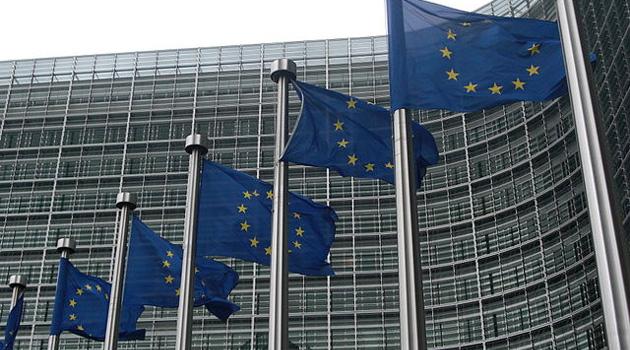Commission: EU funds should support Romani social inclusion from 2014 on

The European Commission has announced that the Member States should ensure
that their plans for investment from the EU funds during the next seven-year
period (2014-2020) also count on the social inclusion of the Romani population.
Romani nonprofit organizations and experts on this issue should therefore
participate in designing this next period of funding.
Cohesion policy monies are particularly at issue. Four EU commissioners are
especially promoting the Commission’s call: Viviane Reding (Justice, Fundamental
Rights and Citizenship), László Andor (Employment, Social Affairs and Social
Inclusion), Johannes Hahn (Regional Policy) and Androulla Vassiliou (Education,
Culture, Multilingualism and Youth).
“The negotiations about the EU funds for 2014 – 2020 will be decisive. It is
therefore important to ensure that national initiatives dedicated to the Romani
issue and to the inclusion of Romani people into society, as well as Romani
nonprofits and experts, will participate to the greatest extent possible in
planning these investments,” the Commission has announced.
Romani people represent one of the largest national minorities living on
European territory. According to estimates by the Council of Europe, between 10
and 12 million Roma live on the continent. So-called socially excluded
localities represent a particularly big problem for them.
In the Czech Republic, estimates say there are more than 300 impoverished
apartment complexes, neighborhoods or streets occupied by a total of
approximately 80 000 people, most of them Romani. A World Bank study reports
that the full integration of the Romani population could mean a benefit to the
economies of the Member States of as much as EUR 500 million annually. “Romani
integration must not be viewed as a cost, but as a social investment key to
achieving the aims of the Europe 2020 strategy,” the Commission’s statement says.
France has been criticised for its poor treatment of the Romani population in
recent years after it decided to intervene harshly against illegally-established
Romani camps. Slovak Prime Minister Robert Fico has also been criticized for his
harsh words about people of Romani ethnicity. In a speech, Fico said members of
national minorities and minority opinion-holders should pay more attention to
their civic obligations and stop making demands of the state.